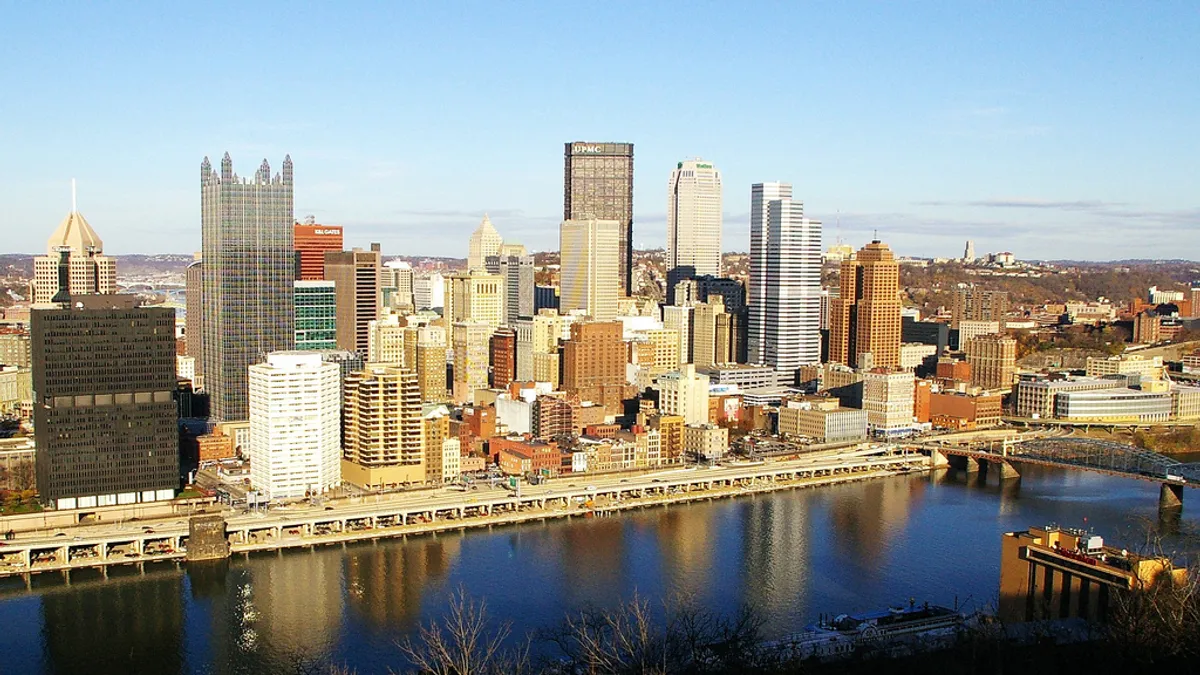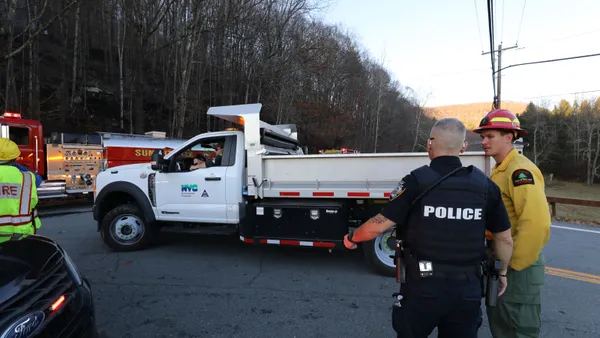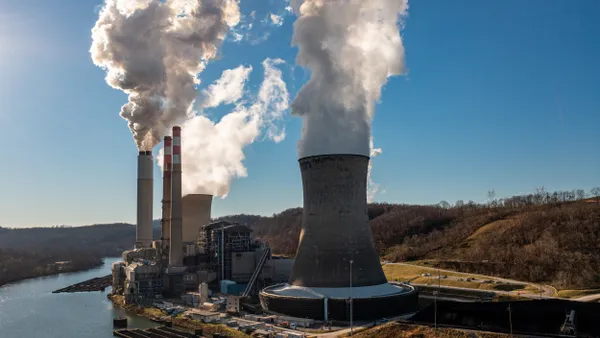Dive Brief:
- The city of Pittsburgh will install eight new electric vehicle (EV) chargers thanks to a $135,160 grant from the Pennsylvania Department of Environment Protection’s Alternative Incentive program, according to an announcement from Mayor Bill Peduto.
- The city will match the state's funds for the chargers for a total grant of more than $270,000. The charging stations will add to the city's current count of 19, and will be installed in its fleet parking lot on Second Avenue.
- Peduto also announced a separate state grant of $67,500 for the city to purchase nine new EVs to add to the city’s fleet, nearly doubling the number of the vehicles the city currently operates. The new EVs were purchased at the beginning of June.
Dive Insight:
Pittsburgh has worked to make itself a hub for advanced vehicles, a pivot from its Rust Belt roots. The city’s resilience plan says Pittsburgh aspires to be a "leading center of innovation in autonomous vehicles, smart infrastructure and other transportation technologies," including a massive mobility data collection project along major city corridors. As automakers look to electrify their fleets and make more EVs available for consumers, a more robust infrastructure network is a must.
Public investment in chargers can help fill in the infrastructure gap that has emerged as a barrier to EV deployment. Having cities invest in clean vehicles also increases the market; turning over consumer fleets to EVs will take time and requires incentives, but cities can start making progress on their own. Cities like Chicago and Kansas City, MO have accelerated their progress towards clean fleets, and there's been greater research into how to replace all city vehicles with electric options, including police cruisers.
Pittsburgh wants to phase out fossil fuel vehicles from its 1,000-vehicle municipal fleet by 2030, fixed-assets manager Slim Forsythe told the Pittsburgh Post-Gazette last year. Under a climate plan signed by Peduto last year, Pittsburgh will use 100% renewable energy for all municipal operations by 2030, while also cutting energy and water use by 50% in that time.










